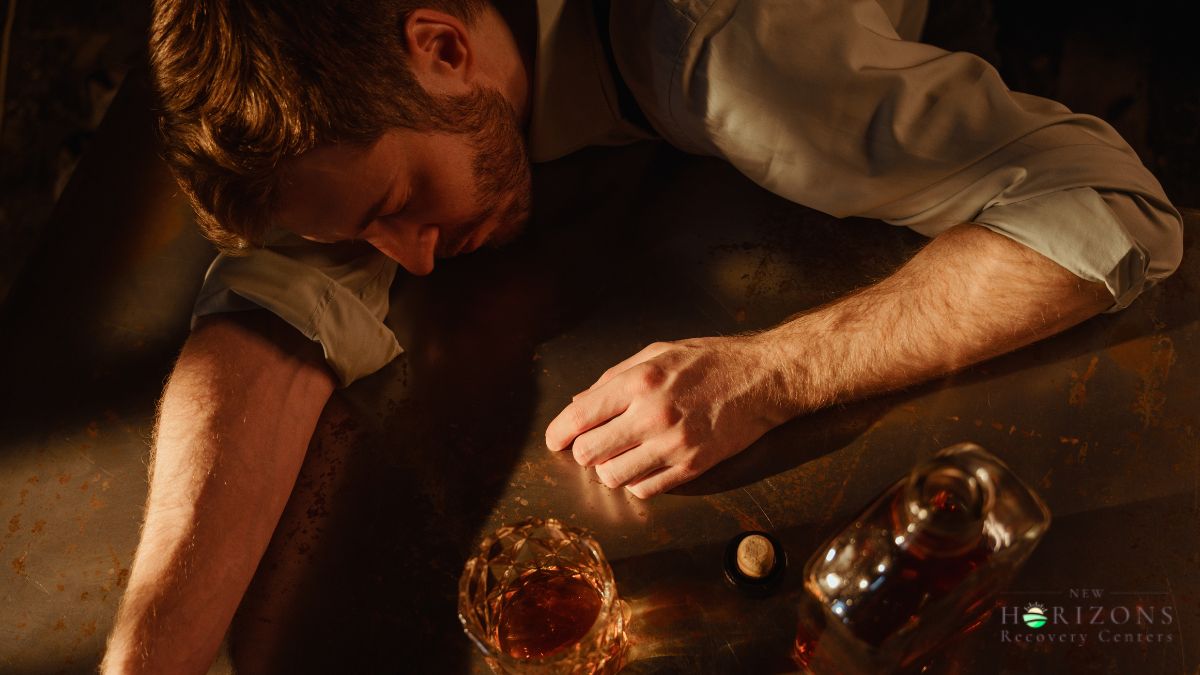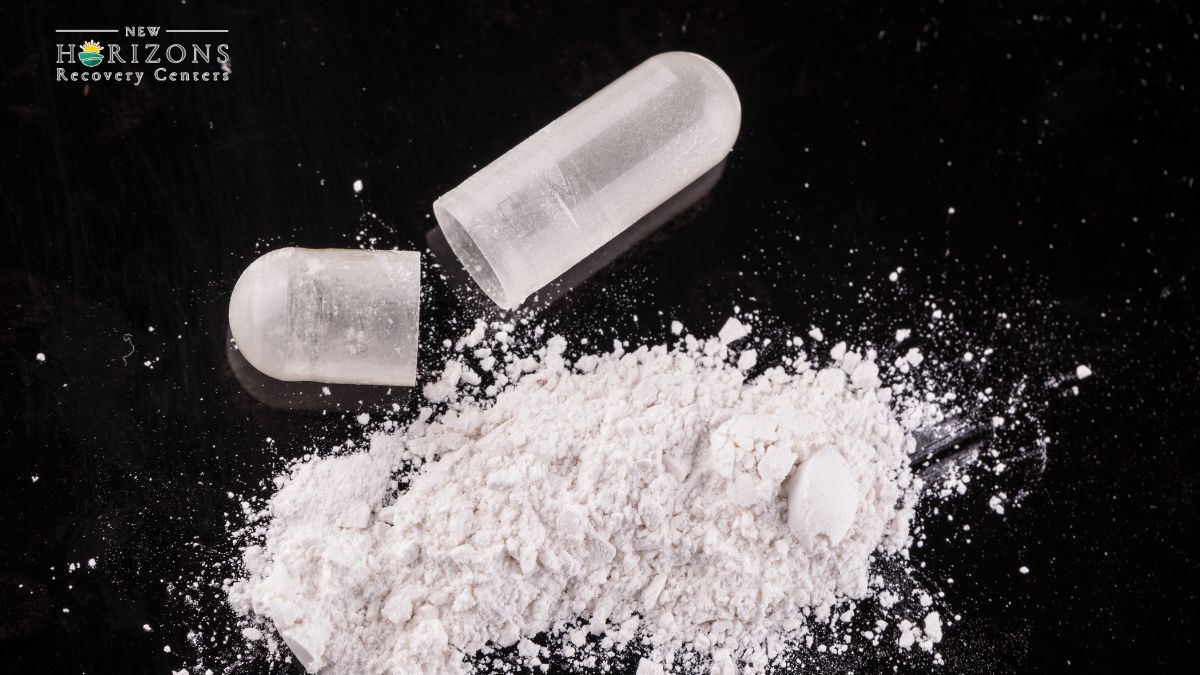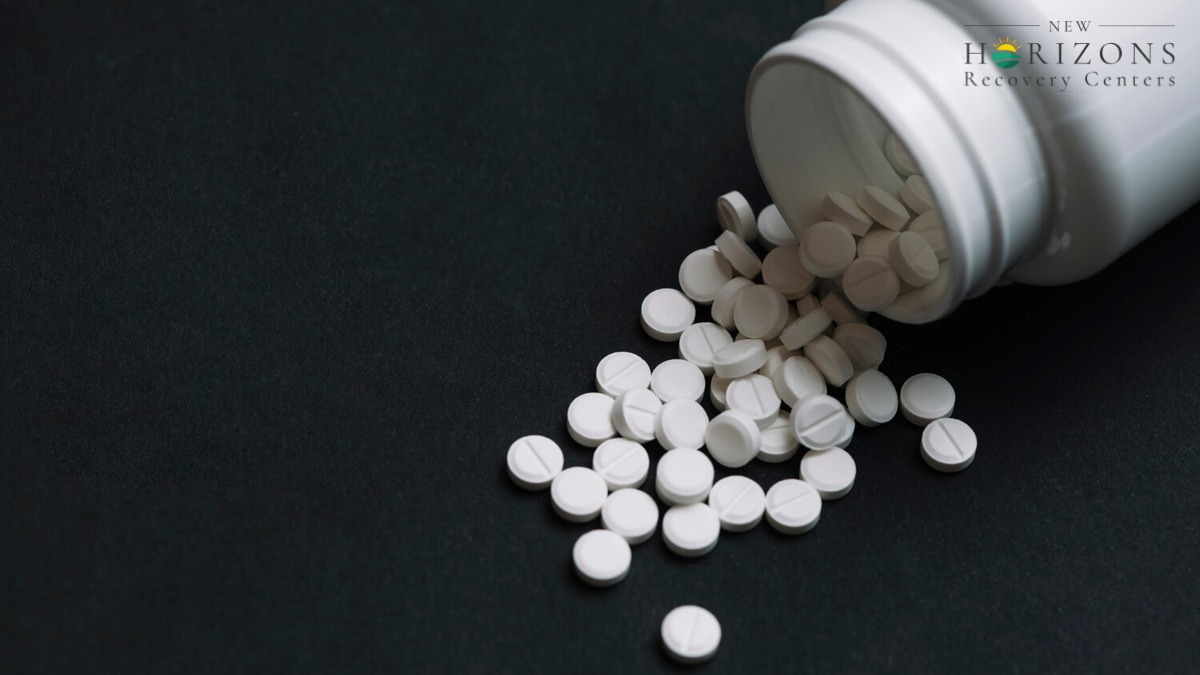Understanding Risks
When it comes to Memorial Day, there are significant risks associated with underage drinking and drug abuse. Understanding these risks is crucial in order to address and prevent potential harm. Let's examine the impact of underage drinking and the dangers of drug abuse.

Impact of Underage Drinking
Underage drinking poses a range of risks and negative consequences, affecting individuals and communities alike, regardless of age or drinking status. It can lead to aggressive behavior, property damage, injuries, violence, and even deaths. In fact, in 2009 alone, underage drinking was linked to approximately 1,844 homicides, 949,400 nonfatal violent crimes, and 1,811,300 property crimes in the United States.
Starting drinking at a young age significantly increases the risk of alcohol dependency. Children who start drinking at age 13 have a 45 percent chance of becoming alcohol-dependent. However, if a person starts drinking at the legal age of 21, the risk decreases to only 7 percent.
Alcohol is the most widely used substance among America's youth, making underage drinking a serious public health problem in the United States. The enormous health and safety risks associated with underage drinking cannot be ignored.
Dangers of Drug Abuse
Alongside underage drinking, drug abuse is another significant concern during Memorial Day and beyond. By the age of 15, about 50% of teenagers have tried alcohol, and by the time they are high school seniors, nearly 70% will have tried alcohol. Additionally, half of these seniors will have taken an illegal drug, and over 20% will have used a prescription drug for nonmedical purposes.
Drug abuse among young individuals can have severe consequences on their physical and mental health. It can lead to addiction, impaired judgment, increased risk-taking behaviors, and even overdose. The misuse of prescription drugs, such as opioids, is particularly concerning due to their addictive nature and potential for fatal outcomes.
By understanding the risks associated with underage drinking and drug abuse, we can work towards implementing preventive measures and providing education and support to young individuals. It is crucial to create awareness about these dangers and promote healthier choices, ensuring the well-being and safety of our youth.
Statistics and Trends
When examining the impact of Memorial Day on underage drinking and drug abuse, it is essential to consider the statistics and trends associated with these concerning behaviors.
Memorial Day Data
Memorial Day is often associated with celebrations and social gatherings, which can create an environment conducive to underage drinking and drug abuse. According to TalbH, Memorial Day weekend sees an increase in incidents related to underage drinking and substance abuse. The long weekend, coupled with the festive atmosphere, can lead some individuals, particularly underage individuals, to engage in risky behaviors.
Binge Drinking Concerns
Binge drinking among underage individuals is a significant concern, particularly during holidays like Memorial Day. In 2022, approximately 3.2 million young people aged 12-20 reported binge drinking at least once in the past month, according to TalbH. Binge drinking refers to consuming a large amount of alcohol in a short period, often resulting in a blood alcohol concentration (BAC) level of 0.08% or higher.
The National Institute on Alcohol Abuse and Alcoholism (NIAAA) reports that approximately 90% of all alcoholic beverages consumed by youth are consumed during binge drinking episodes. This highlights the potential dangers and health risks associated with excessive alcohol consumption among underage individuals.
In 2022, around 646,000 youth aged 12 to 20 reported binge drinking on five or more days over the past month, indicating a concerning trend of excessive alcohol consumption among underage individuals. Binge drinking can lead to a range of negative consequences, including injuries, accidents, impaired judgment, and even alcohol poisoning.
Understanding the statistics and trends related to Memorial Day and underage drinking is crucial for addressing and preventing these risky behaviors. By raising awareness and implementing preventive measures, we can work towards safeguarding the well-being of underage individuals and promoting responsible choices during this holiday period.
Enforcement and Awareness
To address the heightened risks associated with underage drinking and drug abuse during Memorial Day, law enforcement agencies implement various measures to enforce the law and increase awareness. These efforts aim to protect the safety and well-being of individuals, particularly young people, during this holiday period.
Law Enforcement Measures
Law enforcement agencies are particularly vigilant during Memorial Day weekend, implementing high-visibility traffic safety enforcement measures to deter and detect underage drinking and drug abuse. One effective measure is the use of sobriety checkpoints, which have been shown to reduce drunk driving fatalities by 20 percent. Sobriety checkpoints involve law enforcement officers stopping vehicles at specific locations to check for signs of impairment and ensure compliance with drinking and drug laws.
Additionally, law enforcement agencies increase patrols and conduct targeted enforcement operations to identify and apprehend individuals engaged in underage drinking and drug-related activities. These efforts aim to disrupt the availability and consumption of alcohol and drugs among underage individuals, reducing the associated risks and potential harm.
Preventive Initiatives
Alongside law enforcement measures, preventive initiatives play a crucial role in raising awareness and reducing the occurrence of underage drinking and drug abuse during Memorial Day. Organizations such as Mothers Against Drunk Driving (MADD) actively work to combat impaired driving and underage drinking.
MADD advocates for stricter sentencing, new laws, and new technology to combat impaired driving, including supporting initiatives like the HALT Drunk Driving Act. The organization has contributed to a significant reduction in drunk driving deaths, saving over 400,000 lives and counting.
Education and awareness campaigns play a crucial role in preventing underage drinking and drug abuse. These initiatives target both young individuals and the broader community, emphasizing the legal and personal consequences of engaging in such behaviors. By providing information on the risks, legal implications, and resources available for prevention and intervention, these campaigns aim to deter underage drinking and drug abuse.
Furthermore, preventive initiatives encourage responsible behavior and provide alternatives to risky activities. They promote the importance of planning for a safe ride home in advance, whether by using rideshare services, designating a non-drinking driver, or utilizing public transportation. These strategies help to mitigate the potential dangers associated with impaired driving and underage substance abuse during Memorial Day celebrations.
Through a combination of law enforcement measures and preventive initiatives, efforts are made to reduce the risks of underage drinking and drug abuse during Memorial Day. By enforcing the law, increasing awareness, and providing education and support, authorities and organizations strive to create a safer environment for all individuals, particularly young people, during this holiday period.
Holiday Hazards
Memorial Day, while often seen as a time for celebration and remembrance, also brings with it increased risk factors for underage drinking and drug abuse. The combination of leisure time, social gatherings, and the festive atmosphere can create an environment where substance abuse becomes more prevalent. It is important to understand the increased risk factors associated with this holiday and the implications they have on young individuals.
Increased Risk Factors
Memorial Day has been identified as a high-risk period for underage drinking and drug abuse, as trends indicate that periods of celebration and leisure often coincide with a spike in recreational drug use. The relaxed atmosphere and social expectations surrounding this holiday can contribute to a higher likelihood of experimentation with substances. The availability of alcohol and drugs, coupled with the desire for excitement and peer pressure, can lead to risky behaviors among young individuals.
Law enforcement agencies are particularly vigilant during Memorial Day weekend, implementing high-visibility traffic safety enforcement measures such as sobriety checkpoints. These measures have been shown to reduce drunk driving fatalities by 20 percent. The increased presence of law enforcement aims to deter individuals from engaging in underage drinking and drug use, as well as to enforce the legal consequences associated with these activities.
Memorial Day Implications
The implications of underage drinking and drug abuse during Memorial Day can be severe. According to Mothers Against Drunk Driving (MADD), during the 2022 Memorial Day holiday period, drunk driving claimed 502 lives, reflecting a 4.6% increase in fatalities compared to the same period in 2021. Alcohol was also the top contributing factor in fatal boating crashes, resulting in 88 deaths and 148 reported injuries. These statistics highlight the dangers and potential consequences of substance abuse during this holiday.
Memorial Day celebrations also lead to an increase in teen driving deaths, with the period between Memorial Day and Labor Day being nicknamed the "100 Deadly Days." Parents are encouraged to have open conversations with their children about the risks of underage drinking and the importance of making responsible choices. MADD's Power of Parents Handbook provides strategies to safeguard children against underage drinking and impaired driving.
It is crucial to raise awareness about the hazards associated with underage drinking and drug abuse during Memorial Day. By educating young individuals, parents, and communities about the risks and providing support systems, we can work towards reducing the incidence of substance abuse and promoting a safe and responsible holiday celebration.
Fatalities and Consequences
When it comes to underage drinking and drug abuse during Memorial Day, the potential for tragic outcomes and legal ramifications is a significant concern. Understanding these consequences is crucial in raising awareness about the risks involved.
Tragic Outcomes
Underage drinking has been associated with numerous tragic outcomes. In the United States alone, underage drinking was attributed to approximately 1,844 homicides, 949,400 nonfatal violent crimes, and 1,811,300 property crimes in 2009. The negative consequences of underage drinking extend beyond the individual involved, impacting society as a whole.
One of the most alarming tragic outcomes related to underage drinking is drunk driving. According to Mothers Against Drunk Driving (MADD), drunk driving killed over 13,000 people in 2022, with a 33% increase in deaths since 2019. Alcohol-related crashes accounted for 32% of all traffic deaths in 2022. These statistics demonstrate the devastating impact of impaired driving caused by underage drinking.
Legal Ramifications
Engaging in underage drinking or drug abuse during Memorial Day can have serious legal consequences. Underage drinking is against the law in all U.S. states, and violations can lead to significant legal penalties. Some of the potential legal ramifications include fines, community service, mandatory alcohol education or treatment programs, and even a criminal record.
Additionally, the consequences of underage drinking can extend into adulthood. Studies have shown that children who start drinking at age 13 have a 45% chance of becoming alcohol-dependent, compared to only 7% if they start drinking at the legal age of 21. This highlights the long-term impact that underage drinking can have on individuals' lives.
It is crucial for young people and their families to understand the potential legal ramifications and the lasting consequences of underage drinking and drug abuse. Education, support, and preventive measures are essential in curbing these risky behaviors and ensuring the safety and well-being of young individuals during Memorial Day and beyond.
Prevention Strategies
To address the high risk of underage drinking and drug abuse during Memorial Day and other high-risk periods, effective prevention strategies are crucial. Education and support are key components in combating these substance abuse issues among the youth.
Education and Support
Providing comprehensive education and support is vital in preventing underage drinking and drug abuse. By educating young individuals about the risks and consequences associated with substance abuse, they can make informed decisions and understand the potential harm they may face.
Education initiatives can include school-based programs, community workshops, and awareness campaigns that emphasize the dangers of underage drinking and drug abuse. These programs should provide accurate information about the physical, emotional, and legal ramifications of engaging in such behaviors. They can also raise awareness about the increased risks during holidays like Memorial Day.
Support resources play a crucial role in preventing underage substance abuse. Providing guidance to parents, caregivers, and youths can help them navigate the challenges associated with peer pressure and the availability of alcohol and drugs. Support groups, counseling services, and helplines can offer assistance to individuals struggling with substance abuse or those seeking guidance on prevention strategies.
Combating Underage Substance Abuse
In addition to education and support, various strategies can be implemented to combat underage substance abuse during high-risk periods like Memorial Day. These strategies involve a collaborative effort from parents, communities, law enforcement, and other stakeholders. Some effective approaches include:
- Enforcing legal restrictions: Underage drinking is against the law in all U.S. states, and violations can lead to serious legal consequences such as fines, community service, mandatory alcohol education or treatment programs, and even a criminal record. Strict enforcement of these laws serves as a deterrent and helps minimize access to alcohol and drugs for underage individuals.
- Implementing social hosting laws: Social hosting laws hold adults accountable for providing alcohol to minors on their premises. By imposing legal consequences on adults who enable underage drinking, these laws discourage adults from facilitating or condoning such behavior.
- Increasing law enforcement presence: During high-risk periods like Memorial Day, law enforcement agencies can enhance their presence and conduct targeted patrols to deter underage drinking and drug abuse. This proactive approach can help identify and address potential risks before they escalate.
- Promoting positive alternatives: Encouraging alternative activities and events that do not involve alcohol or drugs provides young individuals with healthy and enjoyable options. Community organizations, schools, and recreational facilities can organize alcohol-free gatherings, sports events, or cultural activities to engage youths in positive experiences.
By implementing these prevention strategies, such as education initiatives and providing support resources to parents, caregivers, and youths, we can work together to combat the high risk of underage drinking and drug abuse during Memorial Day and other high-risk periods. Creating a safe and supportive environment for young individuals is essential in promoting their well-being and reducing the incidence of substance abuse.

-ink.jpeg)





